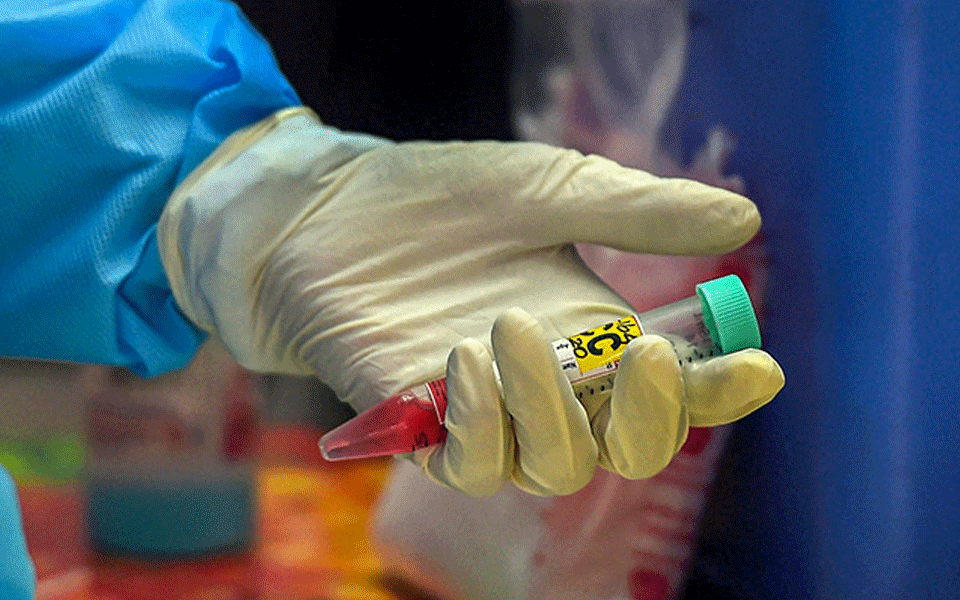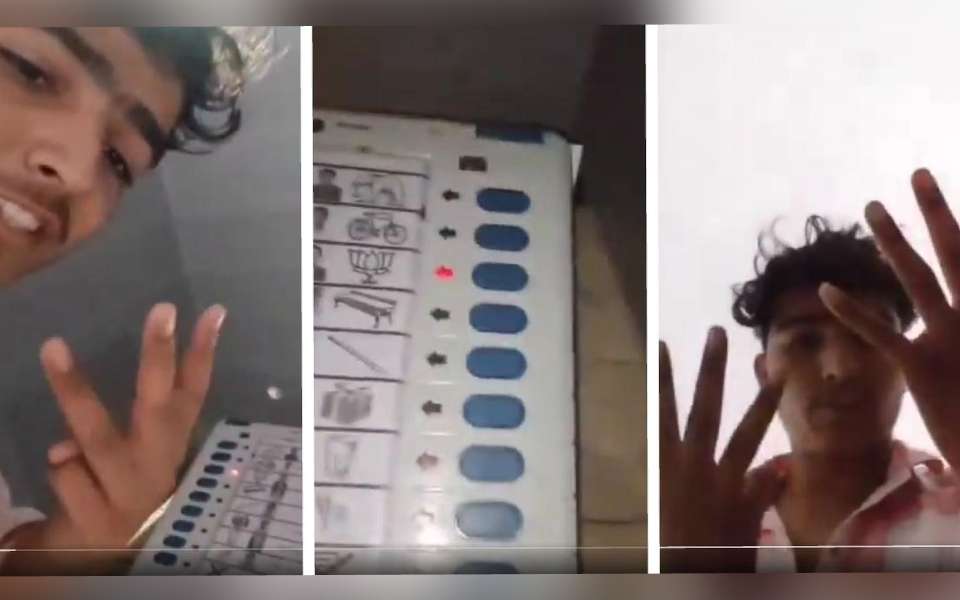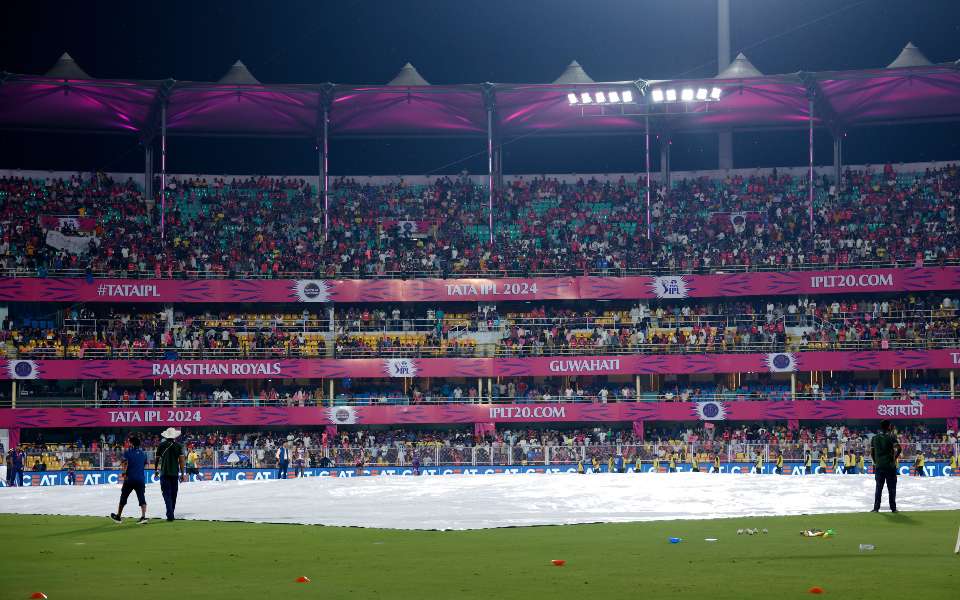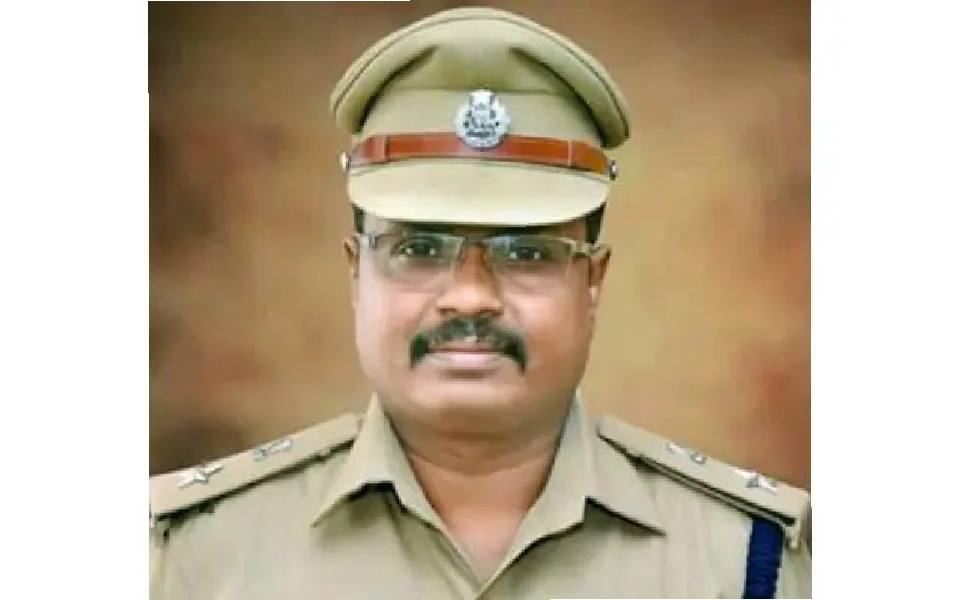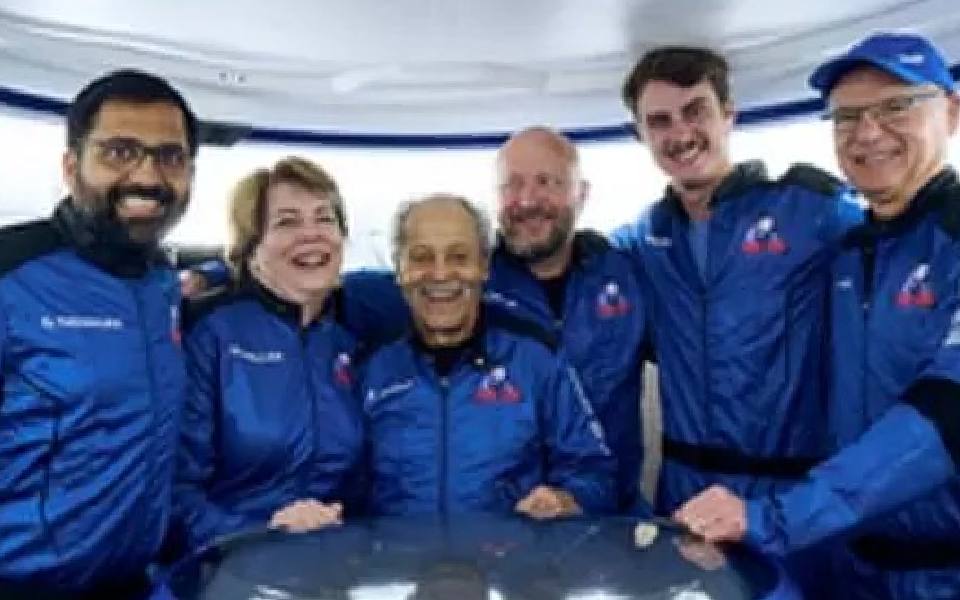New Delhi: The Delta variant was primarily responsible for the second wave of COVID-19 in the country, accounting for over 80 per cent of new cases, Dr N K Arora, co-chair of Indian SARS-CoV-2 Genomics Consortium said, underlining that the cases may go up if a new, more infectious variant comes.
The variant is also around 40-60 percent more transmissible than its predecessor, Alpha variant, and has already spread to more than 80 countries, including the UK, the US and Singapore.
The Delta Plus variant AY.1 and AY.2 has so far been detected in 55-60 cases across 11 states, including Maharashtra, Tamil Nadu, and Madhya Pradesh and is still being studied for its transmissibility, virulence, and vaccine escape characteristics, Dr Arora said, according to a Union Health Ministry statement.
The Delta variant has mutations in its spike protein, which helps it bind to the ACE2 receptors present on the surface of the cells more firmly, making it more transmissible and capable of evading the body's immunity, Dr Arora said.
"The B.1.617.2, a variant of COVID-19 known as the Delta variant, was first identified in October 2020 in India, and was primarily responsible for the second wave in the country, today accounting for over 80 percent of new COVID-19 cases," he said.
It emerged in Maharashtra and travelled northwards along the western states of the country before entering the central and the eastern states.
On whether it causes more severe disease as compared to other variants, Dr Arora said there are studies that show that there are some mutations in this variant that promote syncytium formation.
"Besides, on invading a human cell, it replicates faster. It leads to a strong inflammatory response in organs like the lungs. However it is difficult to say that disease due to delta variant is more severe. The age profile and the deaths during the second wave in India were quite similar to that seen during first wave," he stated.
"The Delta Plus variant AY.1 and AY.2 has so far been detected in 55-60 cases across 11 states, including Maharashtra, Tamil Nadu, and Madhya Pradesh. AY.1 is also found in countries like Nepal, Portugal, Switzerland, Poland, Japan but AY.2 is less prevalent. The variant is still being studied for its transmissibility, virulence, and vaccines escape characteristics," he said.
Dr Arora said current vaccines are effective against Delta variant as per the studies undertaken by ICMR on the issue.
On some parts of the country still witnessing a spurt in the number of cases, he said, though there is a significant dip in the number of cases in most parts of the country, some regions are witnessing a high-Test Positivity Rate (TPR) particularly in the north-eastern part and several districts in the southern states, most of these cases could be due to the Delta variant.
On whether future waves could be prevented, Dr Arora said a virus begins infecting a part of the population, which is most susceptible and also exposed to the infection. It diminishes after it successfully infects a large proportion of the population and strikes back when the immunity developed in the people post-natural infection fades.
"The cases may go up if a new, more infectious variant comes. In other words, next wave will be driven by a virus variant to which significant proportion of population is susceptible," he said.
The second wave is still going on. Any future waves will be controlled and delayed if more and more people get vaccinated and most importantly, people follow COVID-Appropriate Behaviour effectively, especially till a substantial part of our population gets vaccinated, he stressed.
People need to focus on vaccination and adherence to Covid appropriate behaviour to manage COVID-19, he added.
There is a need to keep a strict vigil on the emergence of variants of concern and outbreaks so that they can be contained before they spread to a larger region.
The Indian SARS-CoV-2 Genomics Consortium (INSACOG), established in December 2020, was a consortium of 10 laboratories. Recently 18 more laboratories became part of it, he Dr Arora said.
The INSACOG is a consortium of 28 laboratories for whole genome sequencing in the context of COVID-19 pandemic and was established on December 26, 2020.
The idea is to have a strong network of laboratories to do genomic surveillance of the SARS-CoV-2 and correlate whole genomics sequencing (WGS) data with clinical and epidemiological data to see whether or not a variant is more transmissible, causes more severe disease, escaping immunity or causing breakthrough infections, affecting vaccine efficacy, and diagnosed by current diagnostic tests, he said.
The National Center for Disease Control (NCDC) analyses this data. The entire country has been divided into geographical regions and each lab is given the responsibility of one particular region.
"We have formed 180-190 clusters with around four districts in each cluster. Regular random swab samples and samples of patients who develop severe illness, vaccine breakthrough infections, and other atypical clinical presentations, are collected and sent to regional laboratories for sequencing. The current capacity of the country is to sequence over 50,000 samples per month; earlier it was approximately 30,000 samples," he said.
The new mutations/variants of concern are cultured and scientific studies are undertaken to see the impact on infectiousness, virulence, vaccine efficacy and immune escape properties.
Let the Truth be known. If you read VB and like VB, please be a VB Supporter and Help us deliver the Truth to one and all.
Lucknow (Farrukhabad): A viral video has surfaced showing a 16-year-old son of a BJP worker allegedly casting eight votes to the saffron party during the ongoing general elections in Uttar Pradesh. The video has sparked controversy, and the opposition has urged for prompt action from the Election Commission of India, reports scroll.in.
The video shared by the Samajwadi Party President Akhilesh Yadav on micro-blogging site ‘X’, showed the youngster recording himself while casting multiple times in a series of instances. The incident reportedly took place in Khiri Pamaran village, which falls under the Aliganj Assembly constituency within the Farrukhabad parliamentary seat. Mukesh Rajput, the sitting MP, is the BJP candidate in this constituency. Polling in Farrukhabad occurred on May 13 during the fourth phase of the general election.
In the viral video, the youngster is seen casting eight votes in total, all for the BJP, one by one with different clippings.
The youngster in the video has been identified as Rajan Singh Thakur, confirmed his father, Anil Singh Thakur to the Scroll.in. Anil Singh Thakur is the gram pradhan (village head) of Khiri Pamaran and a member of the BJP.
Anil defending his son told the Scroll that the ‘Video misrepresented his son,’ and claimed that the voting was done when the machine was being tested in some instances and other clipping of him voting on behalf of mentally and physically disabled voters was merged and made into a video.
Despite the Anil's caims, the video has drawn significant criticism. Subhash Chandra Prajapati, the additional district magistrate of Farrukhabad, confirmed to the Scroll that the administration will file a case soon. He mentioned that the returning officer is investigating the matter following a directive from the chief electoral officer in Lucknow.
The opposition has been vocal in its criticism, with Akhilesh Yadav demanding action from the Election Commission. In his social media post, Yadav accused the BJP of undermining the electoral process and described the party's booth committee as a "loot committee." The Congress party also called on the Election Commission to take action, in a ‘X’ post the party wrote, “Dear Election Commission…are you watching..a boy is voting 8-8 times ... .at least wake up now.”
Congress leader Rahul Gandhi, took to ‘X’ to express, “Fearing and seeing their defeat, the BJP is attempting to undermine democracy by pressuring government machinery to deny the mandate. The Congress expects all officers performing election duties to remember their constitutional responsibilities despite any pressure from those in power. Otherwise, once the Indian National Developmental Inclusive Alliance (INDIA) bloc government is formed, actions will be taken to ensure that anyone will think ten times before violating their 'Oath to the Constitution'."
Following the video's circulation, Naval Kishor Shakya, the Samajwadi Party candidate in Farrukhabad, filed a complaint with the district election officer. Shakya's complaint alleges that Rajan Singh Thakur cast votes after snatching voter information slips from other voters and that he was assisted by Dinesh Thakur, the local police station's station house officer. Shakya has called for re-polling at the affected polling center.
In a related incident earlier in May, Gujarat Police arrested two BJP workers for allegedly casting bogus votes and live-streaming the act on social media in the Dahod constituency. The Election Commission conducted re-polling at the affected booth following the incident.
The opposition INDIA bloc, including the Congress and the Samajwadi Party, has repeatedly accused the Election Commission of failing to take prompt action against election model code of conduct violations.
अपनी हार सामने देख कर भाजपा जनादेश को झुठलाने के लिए सरकारी तंत्र पर दबाव बना कर लोकतंत्र को लूटना चाहती है।
— Rahul Gandhi (@RahulGandhi) May 19, 2024
कांग्रेस चुनावी ड्यूटी कर रहे सभी अधिकारियों से यह अपेक्षा करती है कि वो सत्ता के दबाव के सामने अपनी संवैधानिक ज़िम्मेदारी न भूलें।
वरना INDIA की सरकार बनते ही ऐसी… https://t.co/fk4wXL8QZy

